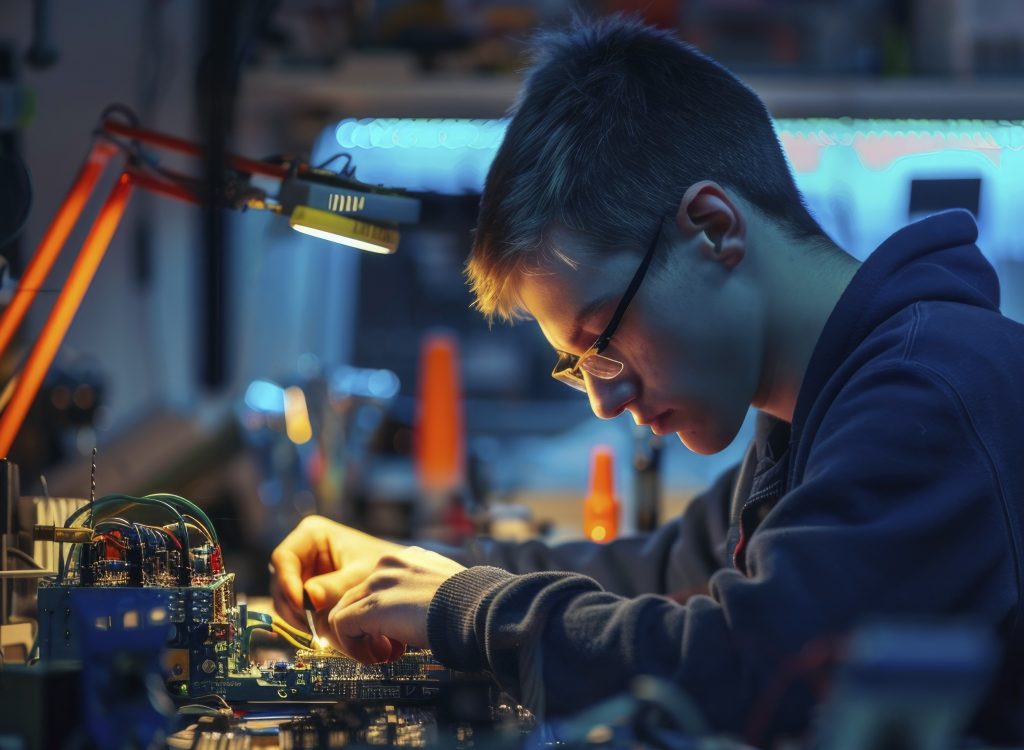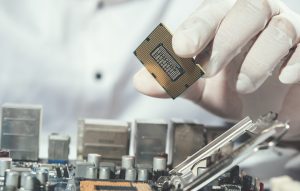Indian Electronics Giants Invest in Camera & Display Module Production

India’s leading electronics manufacturers—Dixon Technologies, Optiemus Electronics, Zetwerk, and Bhagwati Products—are preparing for significant investments in camera and display module production. These companies are in discussions with global component manufacturers for joint ventures and partnerships, aiming to bring advanced technology to India. Each firm is expected to invest between ₹800 crore and ₹1,000 crore to expand local manufacturing capabilities.
Other major players such as Amber Enterprises, Tata Electronics, and Murugappa Group, along with global giants like TDK Corporation, Foxconn, and AT&S Austria Technologie & Systemtechnik AG, may also participate in this initiative. However, they are waiting for the official notification of the recently approved ₹22,919 crore Component Manufacturing Scheme before finalizing investment plans.
The scheme is expected to reduce India’s dependence on imports and strengthen the country’s role in global electronics supply chains. It is designed to boost domestic value addition (DVA) and attract both global and local investors.
Dixon Technologies has already started working on camera, display modules, and mechanical components under this scheme. The company’s partnership with China’s HKC for display module production is set to commence by the third quarter of the next fiscal year. Dixon is also exploring a joint venture with a global partner for camera module production. “To make India a global export hub, we need a strong component ecosystem. This scheme will allow us to move ahead at full speed,” said Sunil Vachani, Chairman of Dixon Technologies.
Bhagwati Products Limited, the electronics arm of Micromax Informatics, is also in advanced talks with international supply chain players for joint ventures. Co-founder Rahul Sharma emphasized that this scheme will integrate India into global value chains and help local companies scale up their manufacturing capabilities.
Optiemus Electronics’ Managing Director, A. Gururaj, highlighted the scheme’s potential to improve India’s trade balance and create employment. Zetwerk, which has already earmarked ₹1,000 crore for expansion, is actively seeking global partnerships to leverage the initiative.
Industry Growth and Government Support
Industry experts estimate that integrating India into global electronics value chains will take 12-24 months, with component assembly beginning earlier. However, core component qualification is expected to take longer.
According to ICEA Chairman Pankaj Mohindroo, the scheme will boost domestic production and create large-scale manufacturing units. India’s electronics production has grown by 400% since FY15, reaching an estimated $135-$140 billion. However, low-value addition remains a challenge, with key components like PCBs, display modules, and lithium-ion batteries still being imported.
To address this, the Indian government has launched a $2.7 billion incentive program, offering subsidies of up to 50% to attract investments worth $7 billion and manufacture electronics components valued at $53.5 billion. The scheme aligns with India’s semiconductor and Make in India initiatives, aiming to boost self-reliance, reduce imports, and create large-scale employment opportunities.
Source: Moneycontrol




